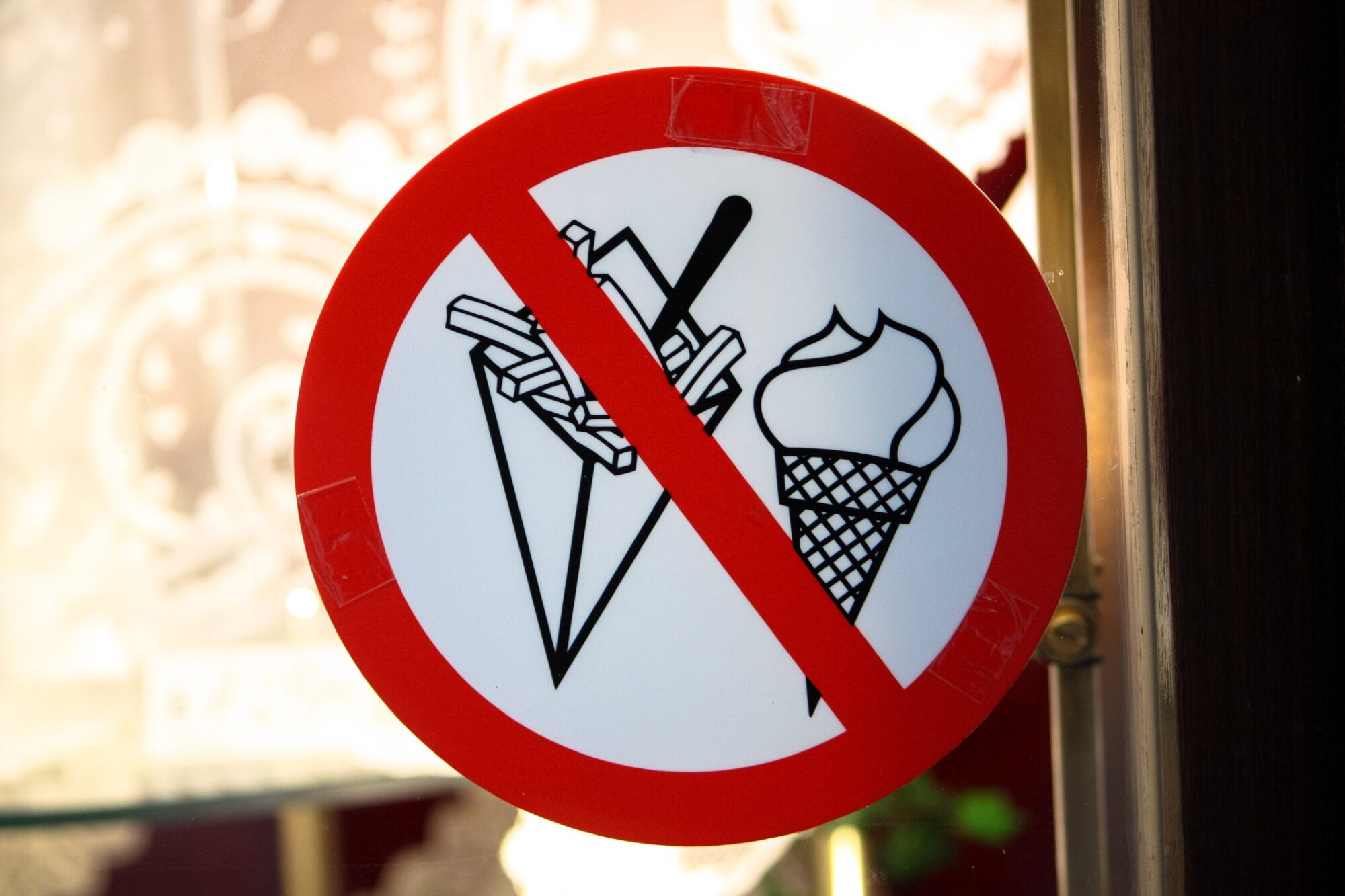
Family Safety & Health Magazine recently reported on a survey commissioned by the University of Michigan Institute for Healthcare Policy and Innovation. The findings concluded that addiction to highly processed foods such as chips, candy, and soda may be a very real issue, particularly for those over 50 years old.
The survey involved nearly 2,200 respondents between the ages of 50 and 80 and measured their relationship with foods that contain high levels of sugar, salt, or fat added during processing. The criteria for addiction included intense cravings, an inability to cut back on eating, and signs of withdrawal, with the respondents experiencing at least two of the 11 core indicators and significant eating-related distress or life problems multiple times a week. The survey revealed that addiction percentages were higher among people aged 50-64, as well as those in poor physical and mental health, overweight, and feeling isolated.
Are you struggling with an addiction to sweets and sugar?
Don’t worry, you’re not alone. Many people find it difficult to resist the allure of sugary treats, but with a little effort and some simple changes, you can overcome your addiction and enjoy a healthier lifestyle. Here are three helpful tips to curb your desire for more sweets:
- Gradually Decrease Your Sugar Intake: Cutting sugar out completely can be challenging, but slowly reducing your consumption over time can make the transition easier. Additionally, try to increase your protein intake and opt for natural sweeteners like fruit, honey, or maple syrup instead of processed sugars.
- Drinking More Water: Water can help to reduce cravings and keep you feeling full.
- Meal Prep: Planning your meals and snacks ahead of time can prevent impulsive snacking on sugary foods as well. Reading food labels to identify hidden sugars in packaged foods is also crucial, as is finding healthy substitutes like nuts, seeds, or fresh fruit to replace sugary snacks.
- Get More Sleep: Lack of sleep can increase sugar cravings.
- Finally, Don’t be Afraid to Seek Support: Consider joining a support group or working with a healthcare professional or nutritionist to help overcome your sugar addiction. Some employer health plans build nutritionist visits into their benefits program.
Remember, breaking free from a sugar addiction takes time and effort, but with these simple changes and a little patience, you can succeed in achieving a healthier, happier life.
